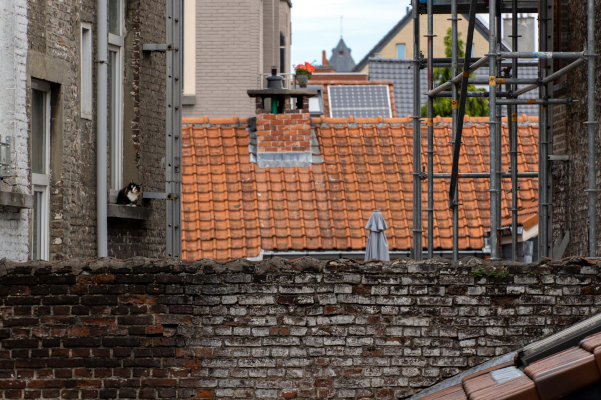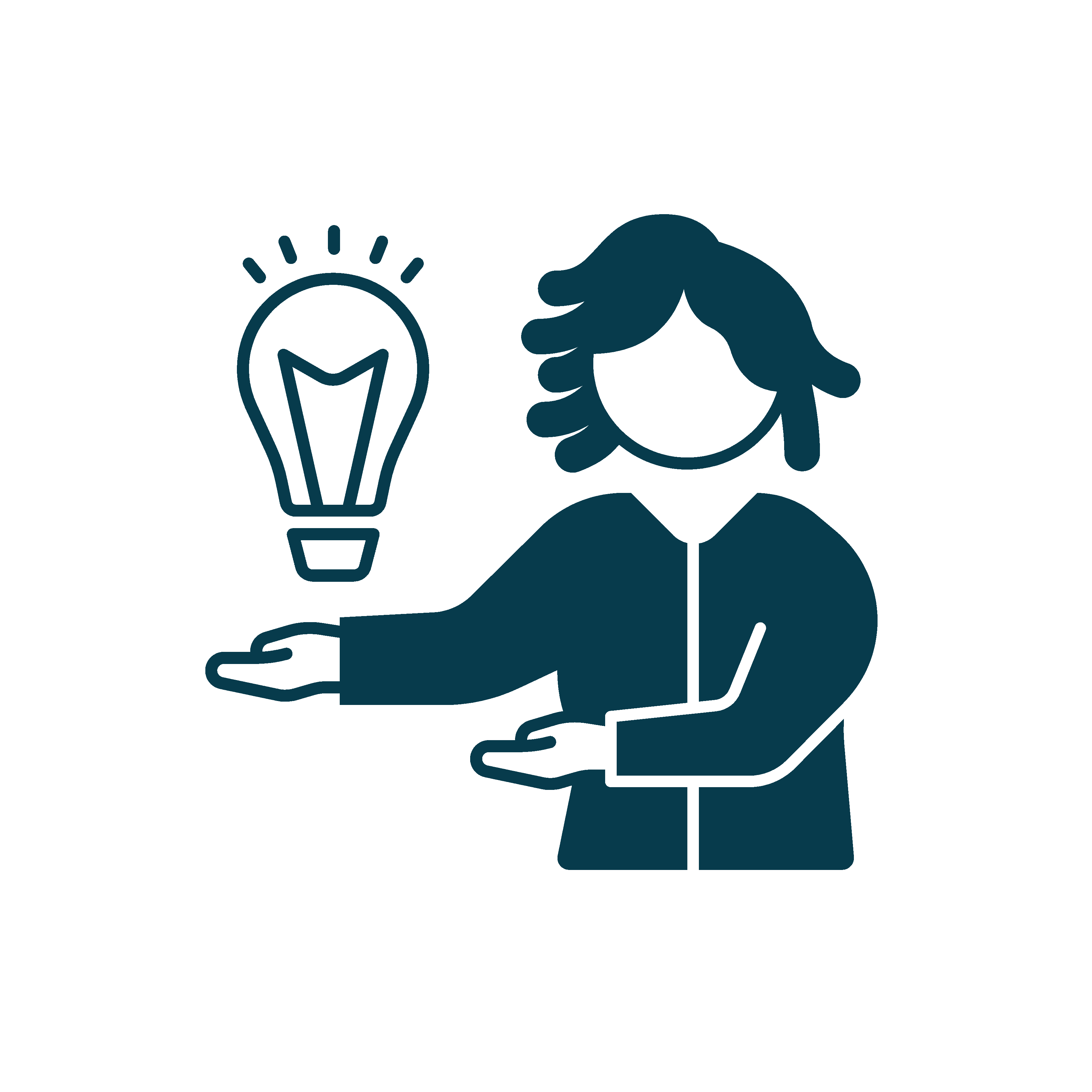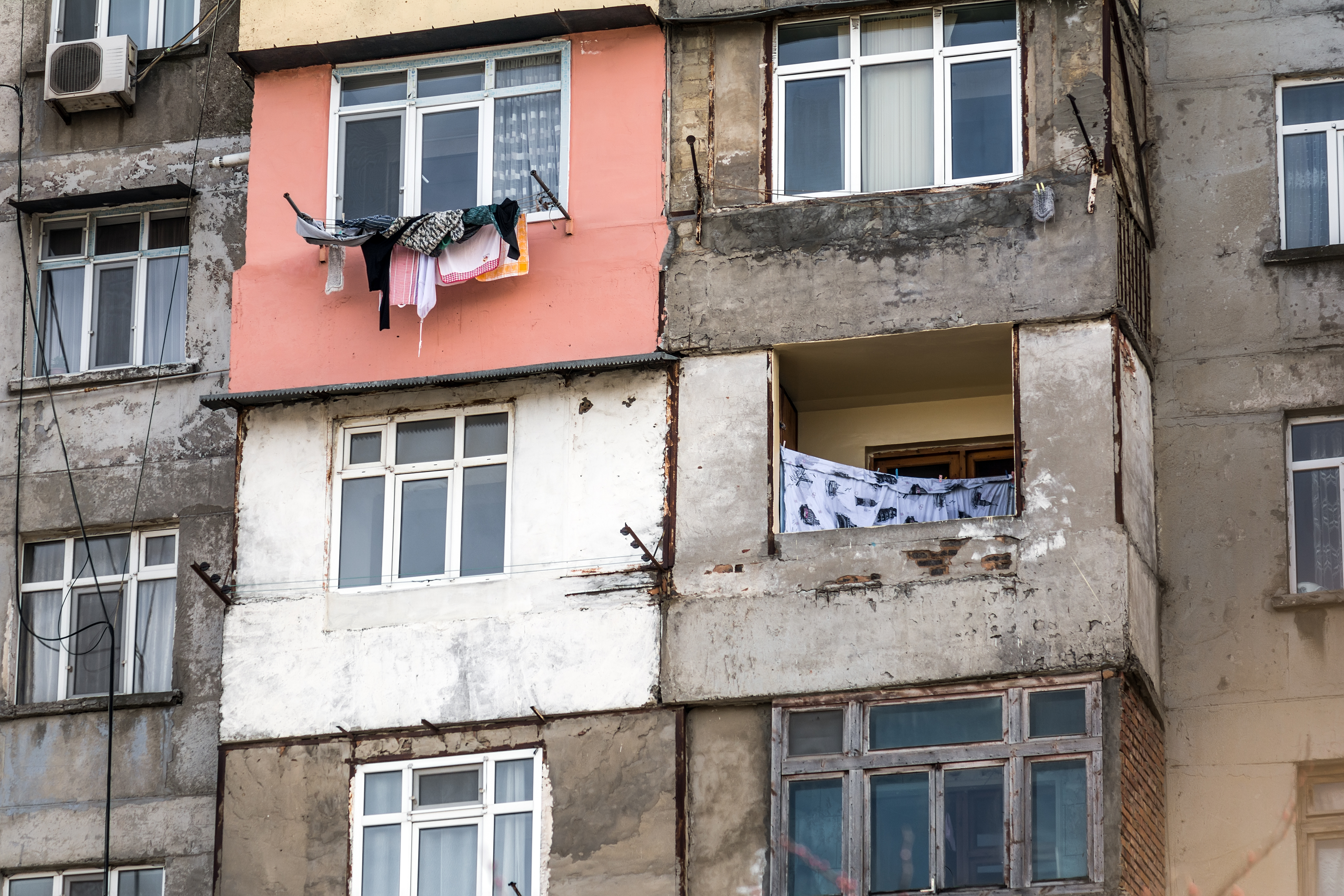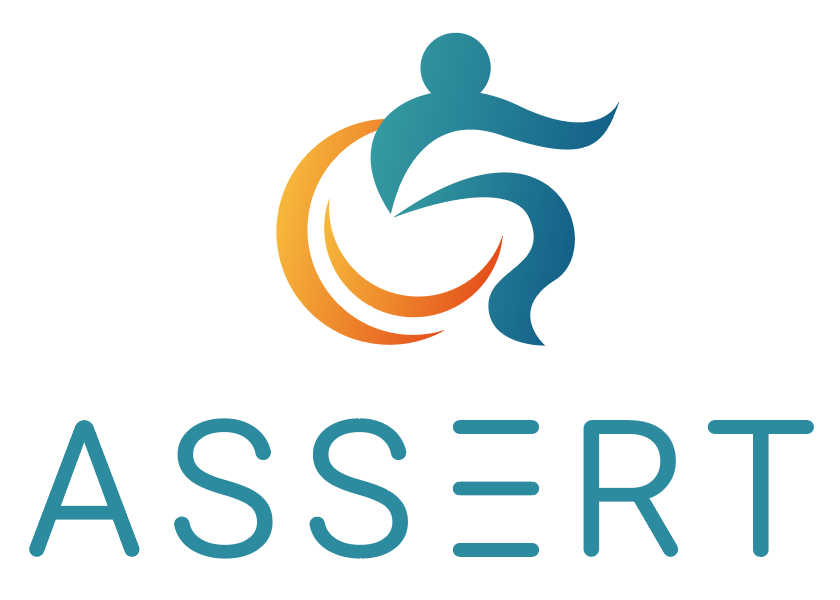Dampoort renovates! targeted a group of people called “Noodkopers” (“captive owners”) who have purchased housing property because it was the cheaper option compared to renting. Their property was often poorly insulated and in bad condition. Ten houses were identified and the owner was offered the opportunity to apply for a €30,000 grant to make the property safer and more energy efficient. The grant has to be repaid if the owner decides to sell or rent out the property. The local authority facilitated the initiation, facilitation and screening process of the project.
The project delivered the following five activities:
- Development of a general framework. The criteria for potential beneficiaries were defined and families with low-income who lived in dwellings of substandard quality were eligible. To determine the families most in need, a scoring system including the Flemish Housing Code and a survey was developed. A framework for the renovation works as well as regulations and agreements were drafted.
- Recruitment and selection of candidates. Potential candidates were invited to apply for the project and were ultimately selected based on the previously defined selection criteria. Individual renovation plans were drafted and residents who were not selected gained access to further information programmes about housing premiums and other support measures.
- Tendering and preparation for the works. A public tender was published and quotes collected from potential contractors. Group meetings were organised in which the candidates received status updates and exchanged experiences. As a side-effect of the individual consultations and interviews with the candidates, problems beyond the scope of the project were discovered and tackled together with the project partners.
- Implementation of works. The renovation works were carried out and examined by the construction supervisor. If additional grants and/or premiums were applied for, Woonwinkel took care of the applications. Monthly meetings of residents allowed everyone to exchange experiences and provide updates on their progress. In order to help residents with their energy bills, tips on energy saving and suppliers were shared.
- Aftercare of renovation works. Renovations are sometimes difficult to plan and some demanded aftercare. Fixed contact points were established to give people the opportunity to get answers on housing, premiums or other questions.
This is an inspiring example of a project that needed relatively large initial investment but the rolling fund is self-sustainable in the long run, as the beneficiaries who sell their houses have to pay back the grant plus a share of the added value of the property.
With a budget range of 10,000 to 1 million euros, the project improved the average energy score of the dwellings by 275 kWh/m², from 519 kWh/m² to 244 kWh/m². As a result, each dwelling on average saved 6,492kg CO2/year, and 95% of the health risks resulting from moisture, CO2-exposure or electrocution and fire hazards were eliminated.
Main beneficiaries: energy poor and low income people.
-

-
 Countries impacted:
Countries impacted:
Belgium -
 Geographical scale:
Geographical scale:
Regional and Local -
 Energy poverty phase:
Energy poverty phase:
Diagnosis -
 Intervention type:
Intervention type:
Household energy efficiency and refurbishment -
 Professionals involved:
Professionals involved:
Member of a local/national authorityResearcherEngineer -

-
 Type of funding:
Type of funding:
Local funds by the OCMW Gent (social welfare office Gent) -
 Website:
Website:
Case website -
SDGs addressed:


Explore more

Revolving energy fund


